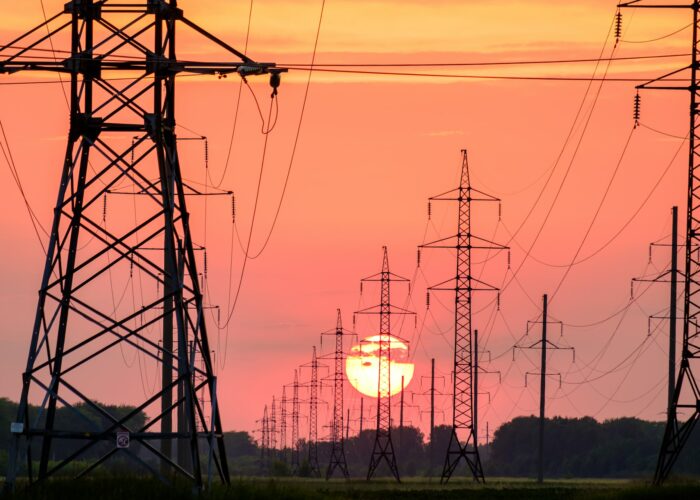With energy prices continuing to soar, now is an ideal moment for organisations to improve their energy efficiency and make greater use of renewables, writes Capitas Finance Chief Executive Officer Darren Riva.
The concept of energy resilience – whereby a company has reliable sources of energy and contingency measures in place to alleviate potential energy shortages or failures – is not a new one. But there is no denying that it has assumed far greater prominence during the last 12 months as the energy market has gone through what can be described as ‘major turbulence’.
Although multiple factors feed into the current energy crisis, the largest single element is rapidly soaring wholesale energy costs. For instance, UK trade body Oil & Gas reported an eye-watering rise of 250% during the first eight months of 2021 alone. With wholesale prices expected to remain high for the foreseeable future, it’s inevitable that costs are now being passed onto customers. So it’s not surprising that companies who have already taken a huge financial hit during the pandemic are eyeing the future with some trepidation.
The impact is especially apparent in the manufacturing sector, with the recent Make UK Manufacturing Monitor indicating that 49% of companies think it will take over a year for energy prices to settle. With 39% of manufacturers stating that they have already taken account of energy price rises in their final product, it’s clear that the present crisis will affect every stage of the manufacturing cycle.
Energy efficient practices
Still, it’s not all doom and gloom. The same report reveals that 47% of businesses have adjusted their practices in the face of soaring costs. It is probable that all kinds of processes – from the initial sourcing of materials to production and assembly – have been part of these re-evaluation processes. However, it is the companies who are taking action on energy resilience who will be best placed to deal with whatever the future brings.
In case it should seem too daunting, it’s vital to remember that not every change has to be complex or costly. Even larger organisations with dedicated facilities teams can underestimate the savings to be made by installing more efficient lighting or boiler optimisation technology. Turning to the needs of manufacturers, improving motors and drives and use of compressed air can also deliver huge benefits.
But more and more, companies are also paying greater attention to their energy sources. The stand-off between Russia and the rest of the world following the invasion of Ukraine has raised the serious possibility of oil and gas supplies from Russia being reduced or halted altogether. As well as supply cost issues, there is also a geopolitical dimension that is bound to become more critical in the years ahead.
Supporting decarbonisation
With many manufacturers also working to meet ambitious decarbonisation goals, it’s only logical that a diversified portfolio of sources is often a key component of energy resilience strategies. Utilising renewables or on-site generators, and reducing the reliance on traditional energy sources, makes a lot of sense on multiple levels. Quite apart from the financial and environmental benefits, committing to a greener energy policy is attractive to potential investors and employees.
It’s a complex area and one in which there can be no ‘one size fits all’ solution. Specialist guidance and support is essential, and that’s where Capitas Finance enters the picture. As a specialist in financing energy projects, our focus is entirely on financing low carbon energy solutions and on-site generation for carbon-conscious businesses and public sector organisations.
In the second part of this blog we’ll explore some of the ways in which we are taking the stress and unnecessary expense out of energy resilience.
Capitas Finance UK specialises in financing energy solutions for carbon-conscious businesses and public sector organisations. Our products and services are designed to help you implement sustainable, low carbon technologies and strategies that accelerate the path to decarbonisation, reduce energy bills and reduce reliance on the grid.
To find out how Capitas can work with you, drop us a line here.




